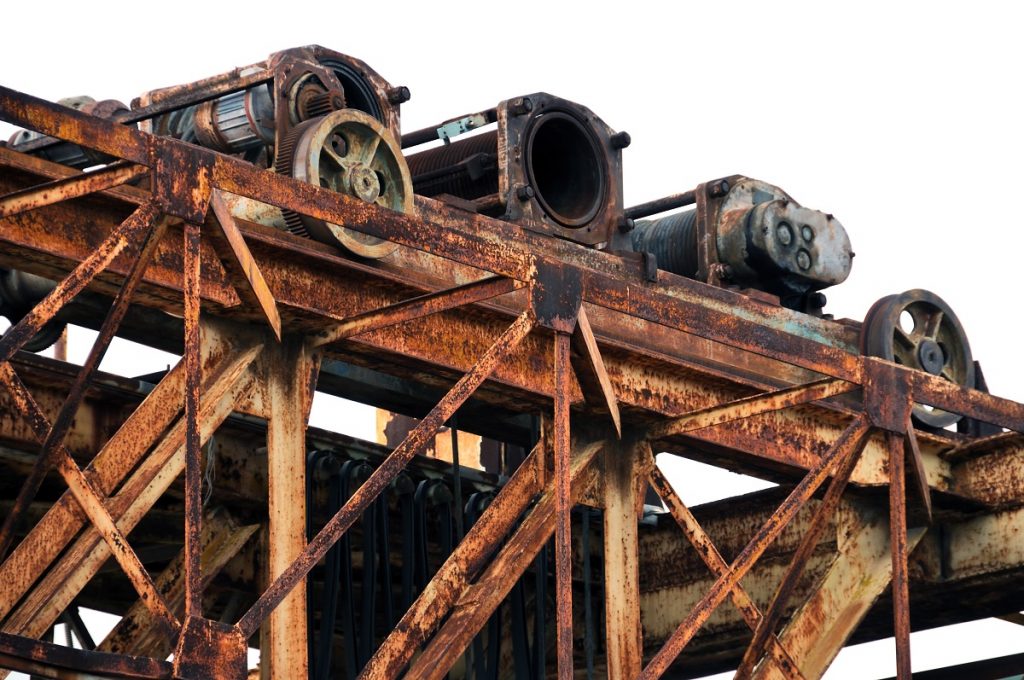The plumbing system in a manufacturing factory is critical to the quality of the products produced there. Any issues with the plumbing can lead to contaminated water or other materials getting into the products, which can cause serious problems for the people who use them. That’s why it’s so important to have a quality plumbing system in place that can be relied on to work properly.
There are a few things to keep in mind when it comes to ensuring a quality plumbing system for a manufacturing factory:

Designing a Quality Plumbing System
The first step to ensuring a quality plumbing system is to have it designed by a qualified engineer. The engineer should take into account the type of products being manufactured, as well as the amount of water and wastewater that will need to be handled.
They should also consider the layout of the factory and the location of the plumbing fixtures. Once the design is complete, it should be reviewed by a second engineer to ensure that it meets all of the requirements.
When it comes to choosing a qualified engineer to design your factory’s plumbing system, do your research. Ask around for recommendations, and make sure to read reviews online.
You should also ask the engineer to provide references from previous clients. This will help you to get a sense of their experience and expertise.
Piping Materials
The next step is to select high-quality piping materials. The type of material used will depend on the type of product being manufactured. For example, if corrosive chemicals are being used in the production process, then stainless steel pipes should be used. If there is a possibility of freezing temperatures, then copper or PVC pipes should be used.
There also are a few different types of specialty piping that can be used in a manufacturing factory. One type is thermal insulation piping, which is used to keep the water inside the pipes from freezing in cold weather. Another type is acid-resistant piping used to handle corrosive chemicals. And finally, there is sanitary piping to transport clean water and wastewater.
Once the type of material has been selected, it is important to make sure that it is properly sized for the application. Using pipes that are too small can result in water pressure problems while using pipes that are too large can lead to water waste.
Installation
Once the piping materials have been selected, it is time to have them installed by a qualified contractor. The contractor should have experience installing similar systems in other factories. They should also be familiar with local building codes and regulations.
The installation process should be closely monitored to ensure that it is being done correctly. After the installation is complete, an inspection should be conducted to verify that everything has been installed properly and that there are no leaks or other problems with the system.
One way to know if the contractor has enough experience is to ask for references from previous clients. This will help you to get a sense of their experience and expertise. You can also ask the contractor to provide a list of past projects. This will give you an idea of the types of systems they are familiar with installing.
Regular Inspection and Maintenance
Even after a quality plumbing system has been installed, regularly inspect and maintain it. This will help to identify any potential problems so they can be fixed before they cause major damage. Inspections should be conducted at least once per year by a qualified professional.
In addition, regular maintenance tasks, such as flushing out sewer lines and descaling water lines, should be performed to keep the system running smoothly. Ensure that all of the workers in the factory know how to properly use and maintain the plumbing system.
If a plumbing emergency occurs in your factory, it is important to have a plan in place for how to deal with it. This plan should include the contact information of a qualified contractor who can be called to fix any problems that occur.
Factory owners should also have a contingency plan in case the contractor is unavailable or unable to fix the problem. This could involve bringing in a plumber from outside of the company or hiring a temporary worker to handle the emergency.
A quality plumbing system is essential for any manufacturing facility. To ensure that your factory’s plumbing system is up to par, have it designed by a qualified engineer, use high-quality piping materials, have it installed by a qualified contractor, and conduct regular inspections and maintenance tasks. By following these steps, you can rest assured knowing that your factory’s plumbing system will provide years of reliable service.
